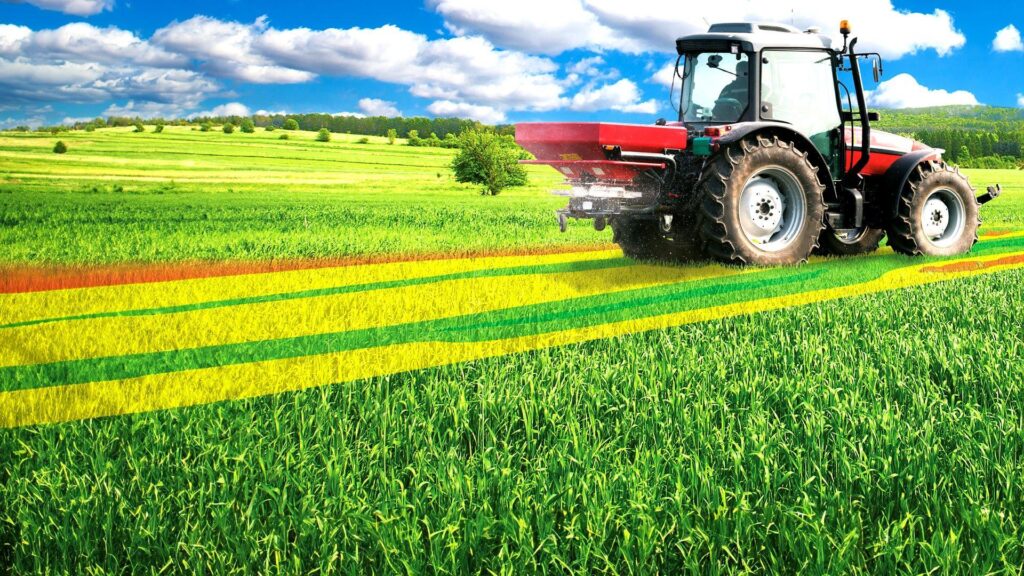DRC Embraces Agriculture as a Sustainable Alternative to Mining
The Democratic Republic of Congo (DRC) is undergoing a pivotal economic transformation by shifting its focus from an overdependence on mining towards the development of its agricultural sector. Historically, the country’s economy has been heavily anchored in mineral extraction—particularly cobalt and copper—which, while lucrative, has exposed the nation to environmental degradation and market volatility. In response to fluctuating global demand for minerals and growing concerns about mining’s ecological footprint, DRC policymakers are now championing agriculture as a cornerstone for sustainable economic diversification. This renewed emphasis aims not only to enhance food security and improve rural livelihoods but also to reduce the country’s vulnerability tied to extractive industries. This article explores the DRC’s agricultural ambitions, obstacles it must overcome, and how this shift could reshape its economic future.
Transitioning Towards Agriculture for Greater Economic Resilience
Recognizing the risks associated with heavy reliance on mining revenues—which accounted for approximately 85% of export earnings in 2023—the DRC government is actively promoting sustainable farming practices as an alternative growth engine. By investing in agriculture, authorities hope to stabilize incomes across rural communities while fostering broader economic diversity.
Key initiatives driving this transition include:
- Infrastructure Development: Upgrading transportation networks and storage facilities to streamline supply chains.
- Empowering Smallholder Farmers: Offering technical training programs alongside financial support such as subsidies.
- Encouraging Eco-friendly Farming: Promoting organic methods that safeguard soil health while boosting productivity.
To accelerate progress, public-private partnerships are being leveraged extensively—combining government policy frameworks with private sector innovation—to increase agricultural output sustainably. Awareness campaigns emphasize not only economic benefits but also environmental stewardship.
Recent projections illustrate this evolving landscape:
| Year | Agricultural Sector Growth (%) | Mining Dependency (%) |
|---|---|---|
| 2023 | 3.5% | 85% |
| 2025 | 5.2% | 75% |
| 2030 | 7.0% | 60% |
This strategic realignment promises enhanced livelihoods across rural areas while positioning the DRC toward a more balanced economy less prone to external shocks.
Strengthening Agricultural Infrastructure: A Catalyst for Growth and Market Access
A critical component underpinning this shift is substantial investment in agricultural infrastructure aimed at improving productivity and market connectivity throughout the vast Congolese countryside.
Key projects underway include:
- Irrigation Expansion: Developing extensive irrigation networks designed to counteract seasonal droughts that have historically limited crop yields.
- Paving All-Weather Roads:
Project Name Focus Area Investment (USD) < / tr >
< /thead >< td >Irrigation Network Expansion< / td >< td >Water Management< / td >< td >$6 million< / td > tr > < td >Rural Road Construction Program< / td >< td >Transport & Logistics< / td >< td>$9 million< / td > tr > < td >Agricultural Innovation Training Center< / td >< td >Farmer Education & Tech Integration< / td > tr $3 million tr/> Empowering Farmers Through Education and Technology Adoption
Central to transforming agriculture into a robust pillar of national development is equipping farmers with knowledge alongside cutting-edge technology solutions tailored for their unique challenges.
Modernizing farming techniques through targeted education programs enables producers—from subsistence growers up through commercial operators—to increase efficiency sustainably while adapting better against climate variability.
Core elements include:
- Thematic Workshops & Field Demonstrations:
Hands-on sessions introducing innovative cultivation methods such as agroforestry or integrated pest management. -
Digi-Agriculture Platforms:
Mobile applications providing real-time updates on weather forecasts, pest outbreaks, pricing trends at regional markets. -
Ties With Agri-Tech Firms:
Collaborations bringing precision agriculture tools like soil sensors or drone monitoring directly within reach of remote farmers.Government incentives further encourage adoption by subsidizing inputs like improved seed varieties or eco-friendly fertilizers—helping smallholders boost yields without compromising environmental integrity.
By combining education with accessible technology deployment strategies backed by policy support measures—including microcredit schemes—the DRC can nurture resilient farm enterprises capable of thriving amid changing climatic conditions.
Conclusion: Ushering in a New Era Through Agricultural Diversification
The Democratic Republic of Congo stands at an important crossroads where embracing agriculture offers promising avenues beyond its traditional mineral wealth dependency.
With potential benefits spanning enhanced food security; job creation; poverty reduction; climate resilience; plus reduced exposure to volatile commodity markets—the stakes could not be higher.
Success will hinge upon overcoming persistent hurdles such as inadequate infrastructure outside urban centers; limited farmer financing options; ongoing need for capacity building—and ensuring inclusive policies reach marginalized groups including women farmers who constitute nearly half of all agricultural laborers.
As international partners watch closely—and investors increasingly recognize agribusiness opportunities—the DRC’s commitment signals hope toward forging a diversified economy grounded equally in natural resource stewardship and vibrant rural development.
This ambitious pivot may well redefine Congo’s socio-economic trajectory over coming decades—a testament both to resilience amid adversity and vision toward sustainable prosperity.
- Thematic Workshops & Field Demonstrations:
